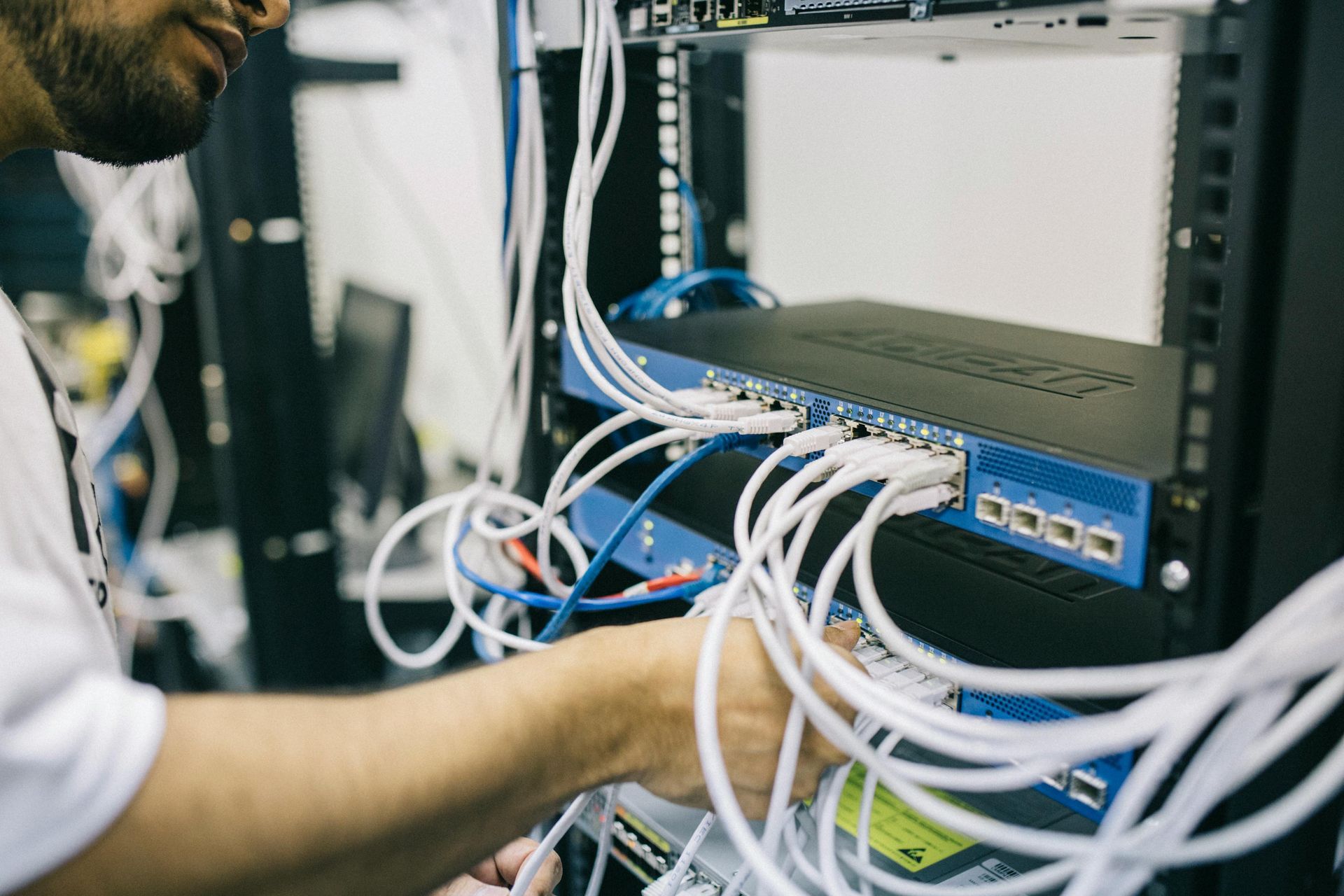
As technology, data, and digital platforms play an increasingly significant role in the sports industry, the need to safeguard sensitive information—ranging from personal details to confidential business strategies—has become more pressing. Sports organizations handle vast amounts of personal data, including medical records, player statistics, contract details, and staff information.
Beyond that, sports entities gather data from fans and customers through ticket sales, merchandise purchases, and digital channels, which they use to enhance fan engagement, streamline operations, and boost revenue. Additionally, these organizations often collaborate with third-party vendors to gain specialized expertise, improve efficiency, and scale operations.
Given that supply chains are common targets for cyberattacks—due to their interconnected systems and varying security standards across vendors—sports organizations must prioritize securing data, reducing vulnerabilities, and protecting interactions with third-party suppliers.
How are sports organizations securing sensitive data?
In response to rising cybersecurity threats, some sports organizations are considering the introduction of 'security baselines.' These are sets of guidelines designed to protect the confidentiality, integrity, and availability of information within a club. The English Premier League, for example, has provided a non-prescriptive roadmap for clubs to assess their current security standing and determine areas for improvement.
Security baselines could soon be essential for protecting sensitive data, preventing cyber threats, and ensuring adherence to applicable regulations. Key components of these baselines may include:
DATA PROTECTION AND PRIVACY
- Handling Personal Data: Sports clubs must comply with data protection laws like the UK GDPR and the Data Protection Act (DPA) to protect personal information, including that of players, staff, and fans. This entails secure collection, storage, and sharing practices.
- Access Controls: Access to sensitive data should be restricted to authorized personnel only, based on their role, and subject to periodic reviews.
NETWORK AND SYSTEM SECURITY
- Cybersecurity Measures: Strong cybersecurity tools, including firewalls, intrusion detection systems (IDS), and anti-malware software, should be used to protect networks and IT infrastructure from potential threats.
- Encryption: Sensitive data, particularly when transmitted over public or shared networks, must be encrypted to prevent unauthorized access.
RISK MANAGEMENT
- Threat Assessments: Regular risk assessments will help identify system vulnerabilities and prioritize mitigation efforts based on the severity of risks.
- Incident Response Plans: Clear procedures must be in place for handling cybersecurity incidents such as data breaches, phishing attacks, or ransomware. These plans should ensure quick detection, containment, and recovery.
THIRD-PARTY MANAGEMENT
- Vendor Security: External vendors, who provide services like IT support, must also comply with security standards, especially concerning data handling, cloud services, and digital tools.
COMPLIANCE AND AUDITS
- Regulatory Compliance: Measures should be in place to ensure compliance with relevant data protection regulations (e.g., UK GDPR).
- Regular Audits: Sports organizations must conduct audits to ensure their information security measures remain up-to-date and resilient against emerging cyber threats.
EMPLOYEE AWARENESS AND TRAINING
- Security Training: Staff at all levels must receive training on information security best practices, such as identifying phishing attacks, using strong passwords, and following data privacy protocols.
- Security Policies: Sports organizations should enforce clear policies on acceptable use of IT systems, secure communication, and reporting security breaches.
PHYSICAL SECURITY
- Data Center Protection: Access to sensitive IT infrastructure, like server rooms, should be tightly controlled with secure facilities and monitoring systems.
- Hardware Security: Portable devices like laptops and mobile phones containing sensitive information should be protected by encryption and remote wipe capabilities in case of loss or theft.
Ultimately, these baseline standards aim to ensure uniform information security across all participating sports organizations, creating a foundation to safeguard digital assets and defend against modern cybersecurity threats.
Additionally, adopting such a baseline would enable sports organizations to leverage cybersecurity services, such as vulnerability management, where cybersecurity professionals assess and address security risks.
Key Benefits of Security Baselines for Sports Organizations:
- Data Protection: A security baseline helps clubs handle large volumes of sensitive data securely, reducing the risk of theft, unauthorized access, and breaches.
- Maintaining Trust and Reputation: Managing and protecting sensitive data effectively preserves the trust of fans, sponsors, and business partners, while avoiding reputational damage.
- Preventing Cyber Attacks: With the rise of cybercrime targeting high-profile organizations, a security baseline helps mitigate risks like phishing, ransomware, and data breaches.
- Ensuring Business Continuity: A solid information security framework supports uninterrupted operations, such as ticketing, player contracts, and financial transactions, even in the event of a cyber incident.
- Protecting Intellectual Property: The baseline helps ensure valuable assets, such as broadcast rights and sponsorships, remain secure.
- Mitigating Insider Threats: Strict access controls and regular training help prevent employees or third-party vendors from inadvertently or maliciously compromising security.
- Long-Term Financial Security: Strong security measures can prevent costly fines, legal fees, and reputational damage associated with breaches.
For more information on how our services can help your sports organization safeguard sensitive data and maintain stakeholder trust, get in touch today







